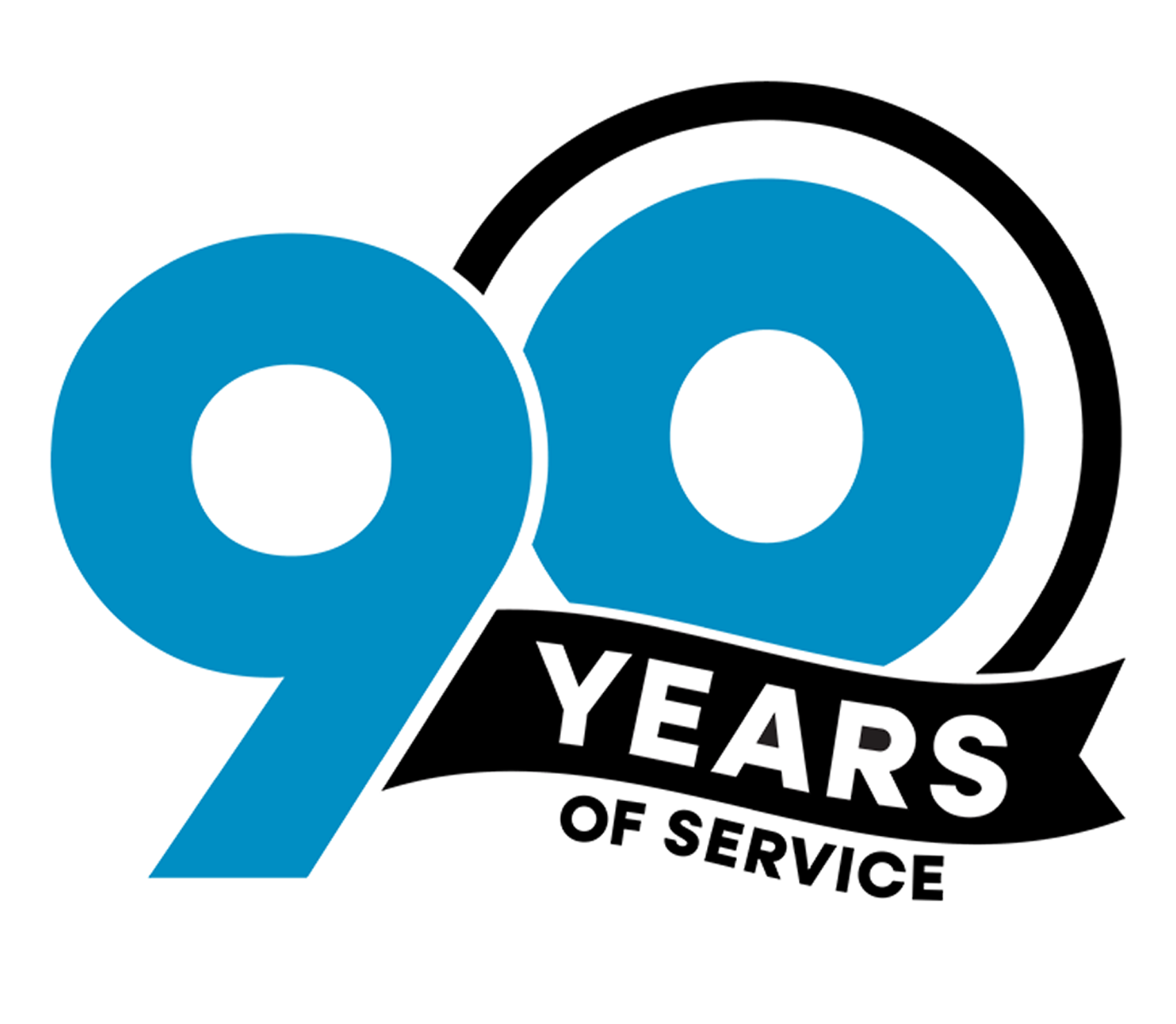Feeling overwhelmed by your credit card bills? You’re not alone. According to Newsweek, roughly 4.4 million Americans are seriously struggling with credit card debt. In fact, the Federal Reserve recently reported that 1 in 5 cardholders are “maxed out” and 8.9% of credit card balances fell delinquent last year—a worrisome trend. So, how do you know when it’s time to take a break from your credit cards? We’ll explore seven telltale signs that indicate it’s time to put the plastic away and regain control over your finances.
Key Takeaways
- If you’re maxing out your credit cards and missing payments, it may be a sign you have a spending problem.
- Emotional spending and secrecy can lead to bigger financial problems.
- Debt can’t be ignored, but there are steps you can take to make it more manageable.
1. You frequently spend more than you earn
We all have months where money is tight. We all have moments when we splurge on big things—like vacations or special events. But if you are frequently turning to credit cards to cover your monthly expenses, it’s a clear sign of overspending.
2. You are an emotional spender
If mishaps at work or arguments with a loved one send you to Amazon or cause you to overload your cart at Costco, you might be an emotional spender. Emotional spending is driven by fear, panic, insecurity, depression, and anger (to name a few triggers). The truth is that emotional spending often harms in unexpected ways. Of course, it’s not surprising that it often leads to financial problems and overwhelming debt. It also potentially causes relationship conflict, addiction issues, and a decrease in mental health.
3. You begin to miss payments
If you forget to make credit card payments—or are unable to make them—consider it a sign that your credit card debt is out of control. Missed payments—yes, even just one—are costly mistakes. Late payments lead to extra fees, extra interest, a lower credit score, and occasionally higher interest rates.
4. Secrecy
Are you concealing credit card bills from your partner? Do you hide new purchases to avoid accusations of overspending? There’s a name for that. It’s called financial infidelity and, according to Bankrate, 42% of American adults who are married or living with a partner say they’ve kept a financial secret from their significant other.
5. You’re paying off credit cards with credit cards
It’s a slippery slope to borrow from one card to pay off another—especially if you are using cash advances or repeatedly opening new credit accounts to cover high credit card balances. Occasionally, it makes sense. A balance transfer might be smart if, for example, you get a 0% APR offer to transfer a high-interest debt to a card with a lower interest rate. The trouble with that approach is twofold. For one, balance transfer offers often come with hidden costs. Also, it’s tempting to keep spending on both cards. Soon, you have multiple maxed-out cards and little recourse for resolving the debt.
6. Your credit score is declining.
Little dips in your credit rating are normal. This happens over missed payments, changes to your credit utilization rate, new credit inquiries, and several other reasons. If, however, your score suddenly drops 15 to 20 points or more, you need to investigate the cause. If your score is steadily declining, that’s also cause for concern.
7. You can’t (or won’t) see a path out of debt.
If your debt has become unmanageable or you can’t figure out how to tackle it, seek help. It’s okay to seek professional help and there is nothing to be ashamed about. Look for debt management programs that can help you limit credit card spending, consolidate debts, and build a healthier budget.
Afraid to Look?
If you find yourself unwilling to even look at your debt…that’s a big red flag. The bottom line is that you can’t ignore it forever. Consider meeting with a counselor from a non-profit credit counseling agency. They should be able to help you form a debt management plan. In the meantime, follow these tips:
- Don’t panic. Monster-sized debt is scary, but giving in to panic will only paralyze you and prevent you from taking action.
- Write down your gripes. Make a list of the things that upset or worry you about your debts. Ask yourself what those worries are contributing to your personal growth. You don’t have to solve the issues. Sometimes it helps just to get things on paper.
- Stop creating new debt. If possible, leave your credit cards at home. For at least a few months, limit credit card spending and try living a cash-only lifestyle. Using cash will force you to realize how quickly small purchases add up.
- Commit to spending less. Even if you can’t immediately pay off your debts, focus on spending less. Small changes—like cutting out unnecessary subscriptions—can make a big difference. Above all, limit credit card spending.
- Get an official copy of your credit report.
- Focus on the achievable. Set yourself small goals. Whether you are paying down your debt or cutting spending—or both—overextending yourself will only lead to frustration. Start small and work your way up.
- Remember that debt does not define you. You are not a “bad person” because you carry debt. Do your best to let go of feelings like shame, embarrassment, and guilt. Inform yourself and take action. If you need help, we are here for you. Just give us a call or stop by one of our branches. We’ll help you find the resources you need to stay on track.

